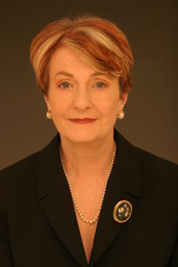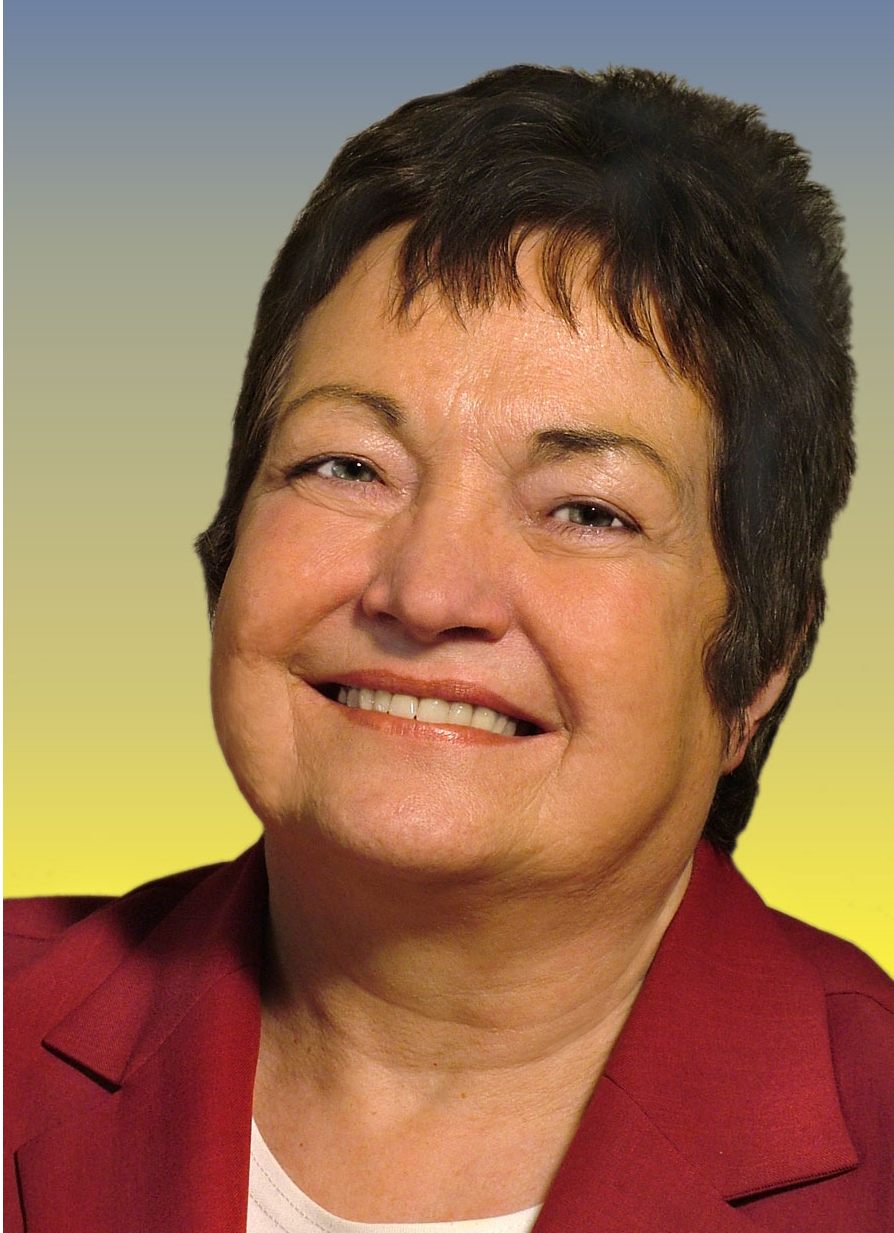Women Rising Radio IX Honoring Elder Women Activists
 HELEN CALDICOTT: Australia’s Dr. Helen Caldicott is world famous as one of the foremost leaders of the global anti-nuclear movement. The Smithsonian named her one of the most influential women of the 20th century. She was a child in Australia when the US dropped atomic bombs on Hiroshima and Nagasaki, killing hundreds of thousands of people and causing massive damage from nuclear fallout and radiation. She determined as a teenager to become an activist against the nuclear arms race. She became a physician on thestaff of the Adelaide Children’s Hospital and on the faculty ofHarvard University Medical School in the US, but resigned both of those posts to work full-time on the prevention of nuclear war. She helped end French nuclear testing in the Pacific ocean, co-founded Physicians for Social Responsibility and Women’s Action for Nuclear Disarmament (WAND). She’s written many books, and became a worldwide spokesperson against the use of nuclear power for energy production as well as for war. Her most recent book, Nuclear Power Is Not The Answer, clarifies why she thinks the US should completely end its dependence on nuclear power.
HELEN CALDICOTT: Australia’s Dr. Helen Caldicott is world famous as one of the foremost leaders of the global anti-nuclear movement. The Smithsonian named her one of the most influential women of the 20th century. She was a child in Australia when the US dropped atomic bombs on Hiroshima and Nagasaki, killing hundreds of thousands of people and causing massive damage from nuclear fallout and radiation. She determined as a teenager to become an activist against the nuclear arms race. She became a physician on thestaff of the Adelaide Children’s Hospital and on the faculty ofHarvard University Medical School in the US, but resigned both of those posts to work full-time on the prevention of nuclear war. She helped end French nuclear testing in the Pacific ocean, co-founded Physicians for Social Responsibility and Women’s Action for Nuclear Disarmament (WAND). She’s written many books, and became a worldwide spokesperson against the use of nuclear power for energy production as well as for war. Her most recent book, Nuclear Power Is Not The Answer, clarifies why she thinks the US should completely end its dependence on nuclear power.
 DOLORES HUERTA: Dolores Huerta is a legendary Hispanic American labor organizer and advocate for labor throughout the US and Latin America. She is best known for her work on behalf of farm workers with Cesar Chavez. Together they founded the United Farm Workers union. She was raised in the San Joaquin valley community of Stockton, and loved her neighborhood of Greek, Chinese, Mexican, Italian, Philippine, African American, Armenian, Native American, Afghan and “Oakie” friends. In 1955 she co-founded the Stockton chapter of the Community Service Organization, and in 1960 co-founded the Agricultural Workers Association. In 1962 she and Cesar Chavez founded the United Farm Workers, and she directed the legendary national grape boycott – until the UFW got a satisfactory 3 year collective bargaining agreement with all the table grape growers. She’s endured long campaigns for the UFW – hunger strikes, marches, beatings, police brutality – and now in her ’80’s she’s still going strong. She’s an active advocate for women’s rights. “Si,se puede!” she says. “And by the way, I’m the one who came upwith that saying, not Cesar!” READ DOLORES’ FEATURED ESSAY on womenrisingradio.
DOLORES HUERTA: Dolores Huerta is a legendary Hispanic American labor organizer and advocate for labor throughout the US and Latin America. She is best known for her work on behalf of farm workers with Cesar Chavez. Together they founded the United Farm Workers union. She was raised in the San Joaquin valley community of Stockton, and loved her neighborhood of Greek, Chinese, Mexican, Italian, Philippine, African American, Armenian, Native American, Afghan and “Oakie” friends. In 1955 she co-founded the Stockton chapter of the Community Service Organization, and in 1960 co-founded the Agricultural Workers Association. In 1962 she and Cesar Chavez founded the United Farm Workers, and she directed the legendary national grape boycott – until the UFW got a satisfactory 3 year collective bargaining agreement with all the table grape growers. She’s endured long campaigns for the UFW – hunger strikes, marches, beatings, police brutality – and now in her ’80’s she’s still going strong. She’s an active advocate for women’s rights. “Si,se puede!” she says. “And by the way, I’m the one who came upwith that saying, not Cesar!” READ DOLORES’ FEATURED ESSAY on womenrisingradio.
 MAIREAD MAGUIRE: Mairead Corrigan Maguire was born and raised in Ireland, where she still makes her home. Maguire was born into a Roman Catholic community, living in the midst of Northern Ireland’s conflict between Catholics and Protestants, and between the Irish and the United Kingdom. That conflict became brutal and bloody, reaching the brink of all out war. In 1976 Mairead was devastated by the deaths of three of her sister’s children, who were casualties of the violence of the conflict. That tragedy galvanized her to become an activist for peace. With her colleague Betty Williams she founded a group called Women For Peace, which later came to beknown as The Peace People. Its aim was a non-violent demilitar-ized Northern Ireland and a dialogue with southern Ireland. In no time they had brought out 35,000 people marching on the streetsof Belfast. Eventually more than half a million people attendedPeace People rallies. Mairead and The Peace People won the 1977 Nobel Peace Prize – and since that time she has been an outspoken advocate for peace worldwide.
MAIREAD MAGUIRE: Mairead Corrigan Maguire was born and raised in Ireland, where she still makes her home. Maguire was born into a Roman Catholic community, living in the midst of Northern Ireland’s conflict between Catholics and Protestants, and between the Irish and the United Kingdom. That conflict became brutal and bloody, reaching the brink of all out war. In 1976 Mairead was devastated by the deaths of three of her sister’s children, who were casualties of the violence of the conflict. That tragedy galvanized her to become an activist for peace. With her colleague Betty Williams she founded a group called Women For Peace, which later came to beknown as The Peace People. Its aim was a non-violent demilitar-ized Northern Ireland and a dialogue with southern Ireland. In no time they had brought out 35,000 people marching on the streetsof Belfast. Eventually more than half a million people attendedPeace People rallies. Mairead and The Peace People won the 1977 Nobel Peace Prize – and since that time she has been an outspoken advocate for peace worldwide.

